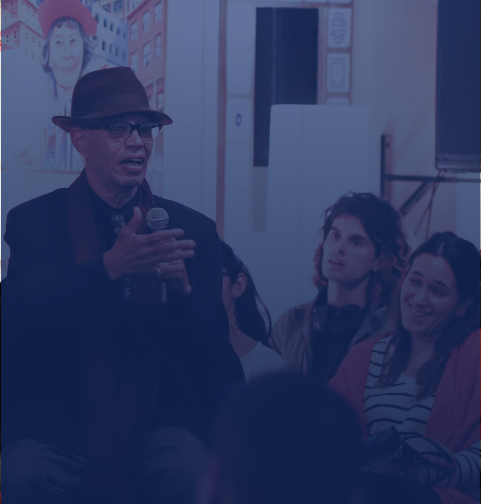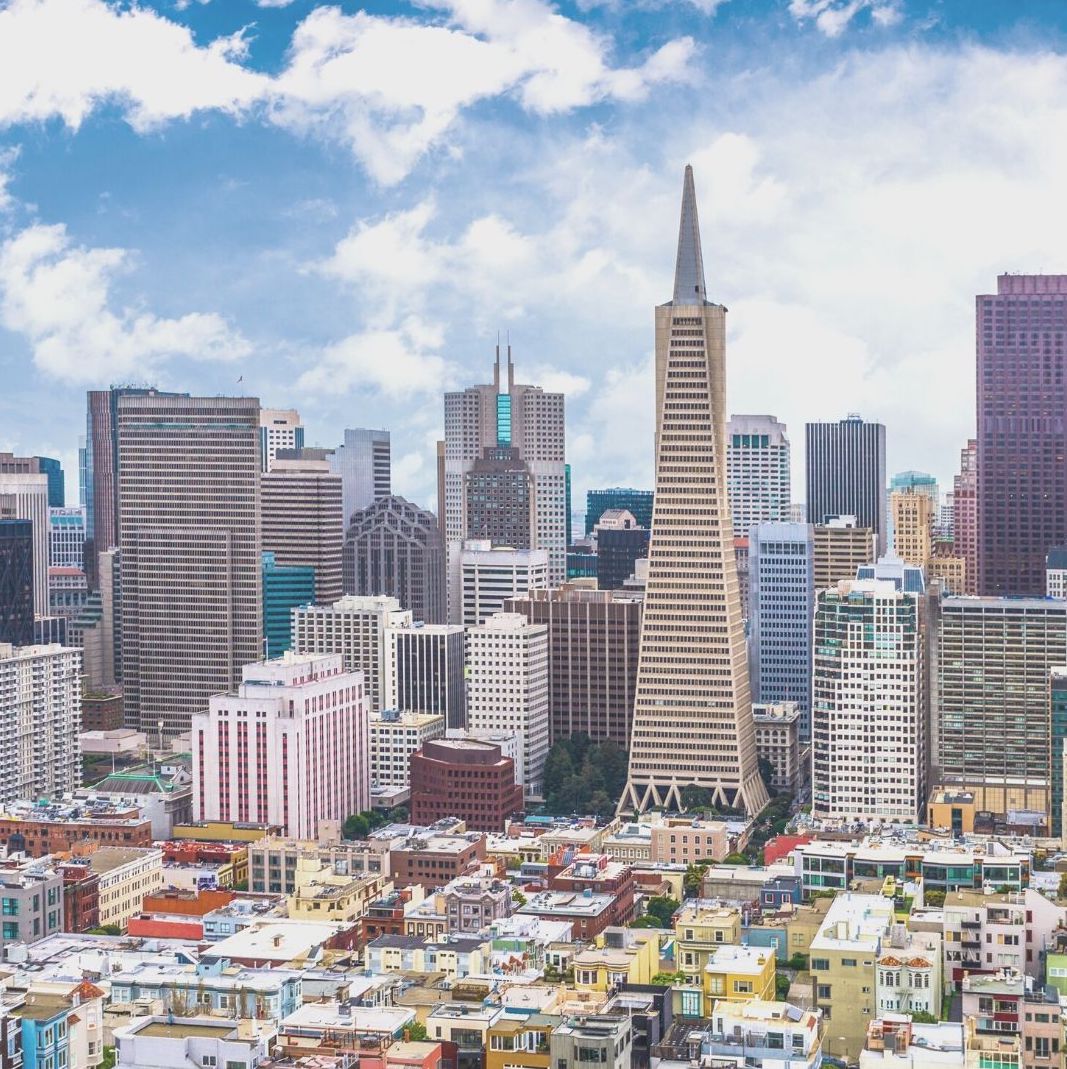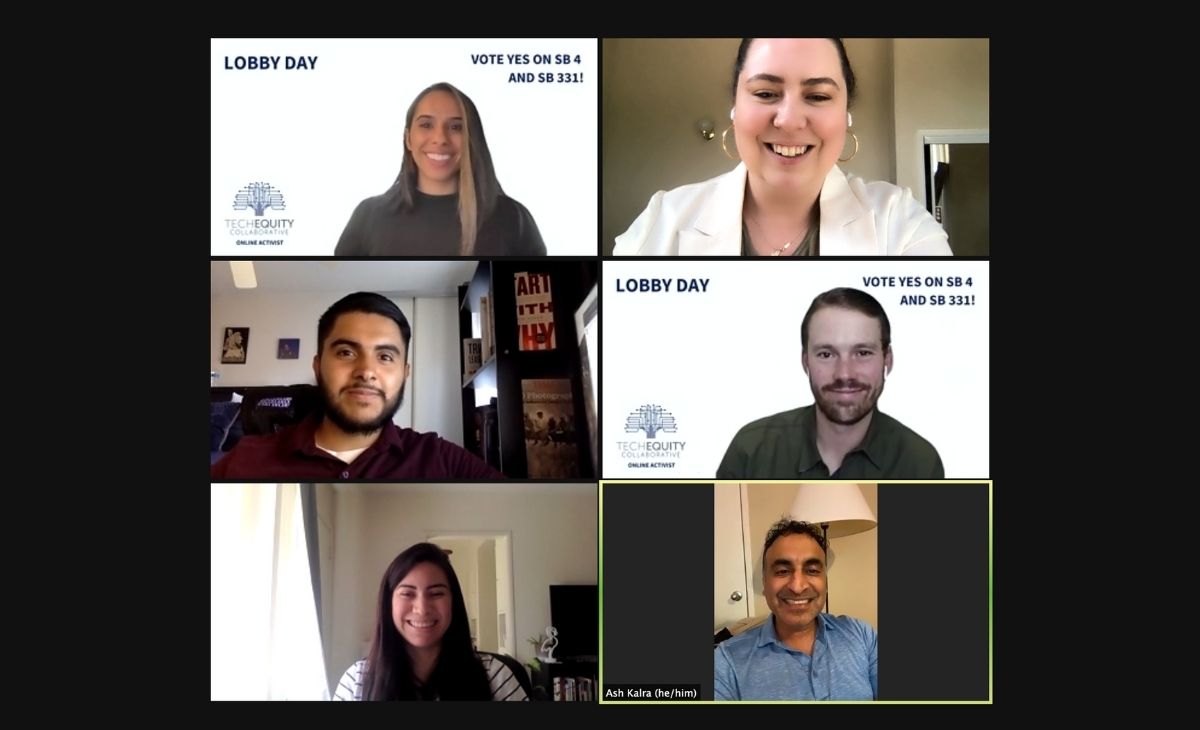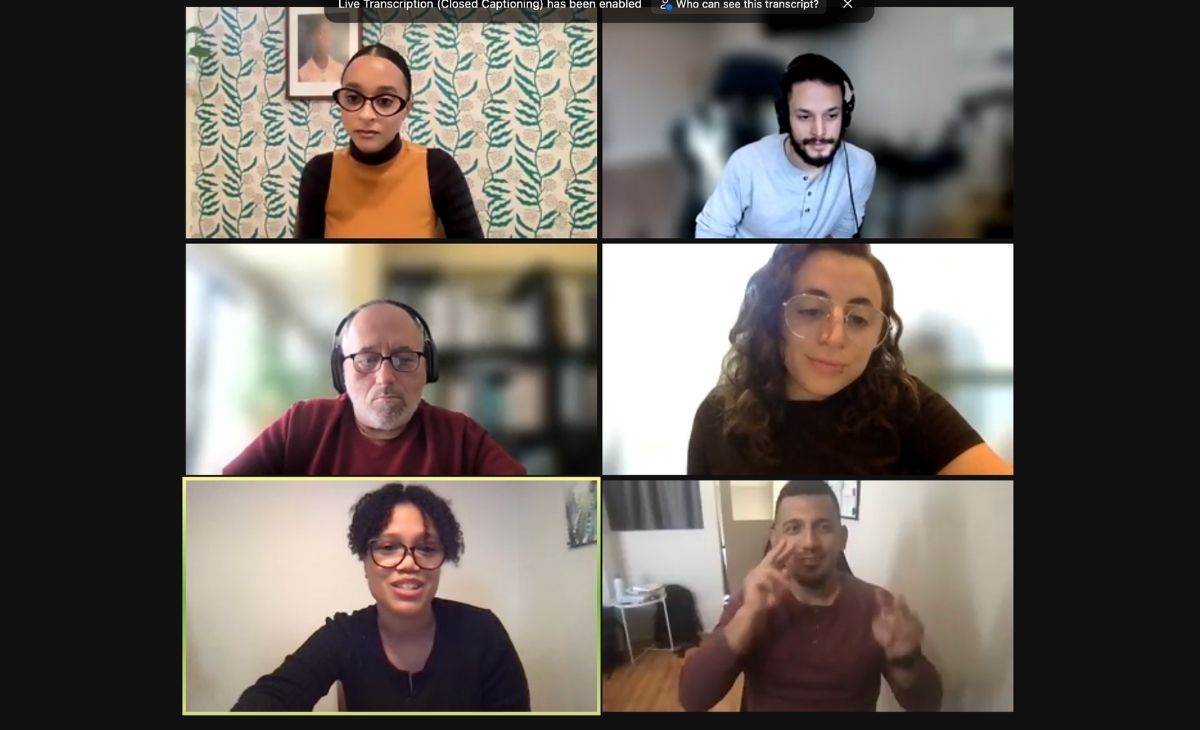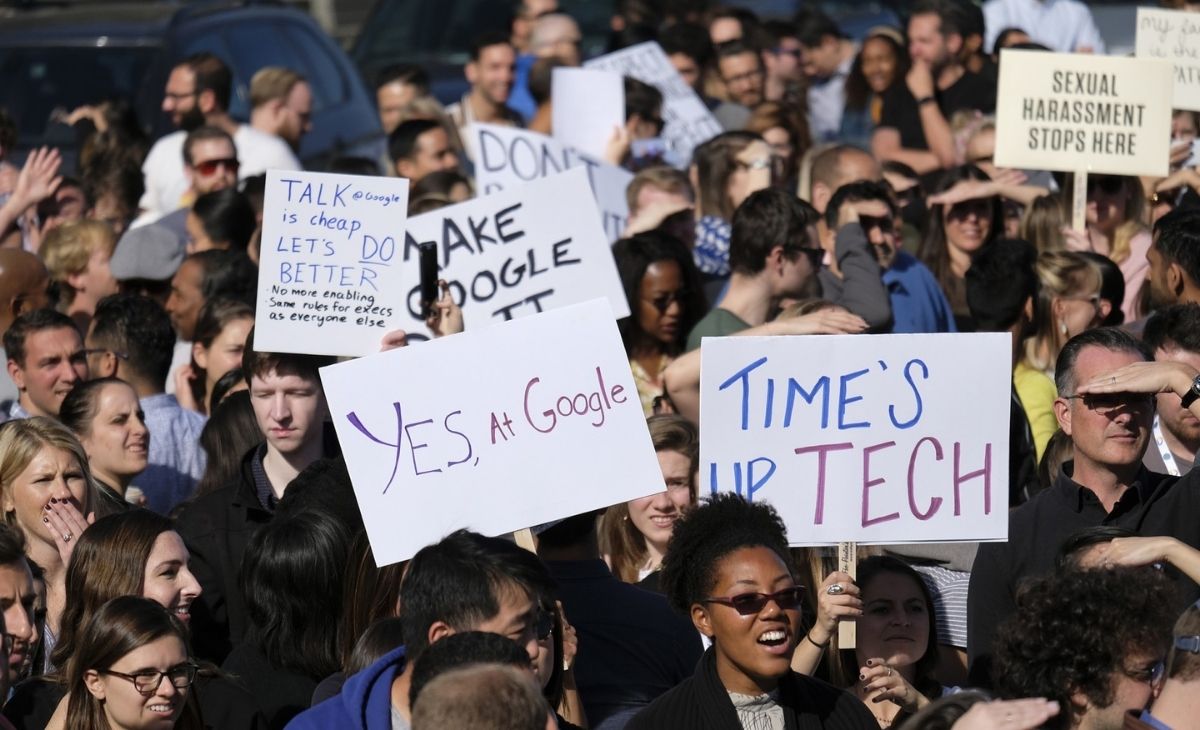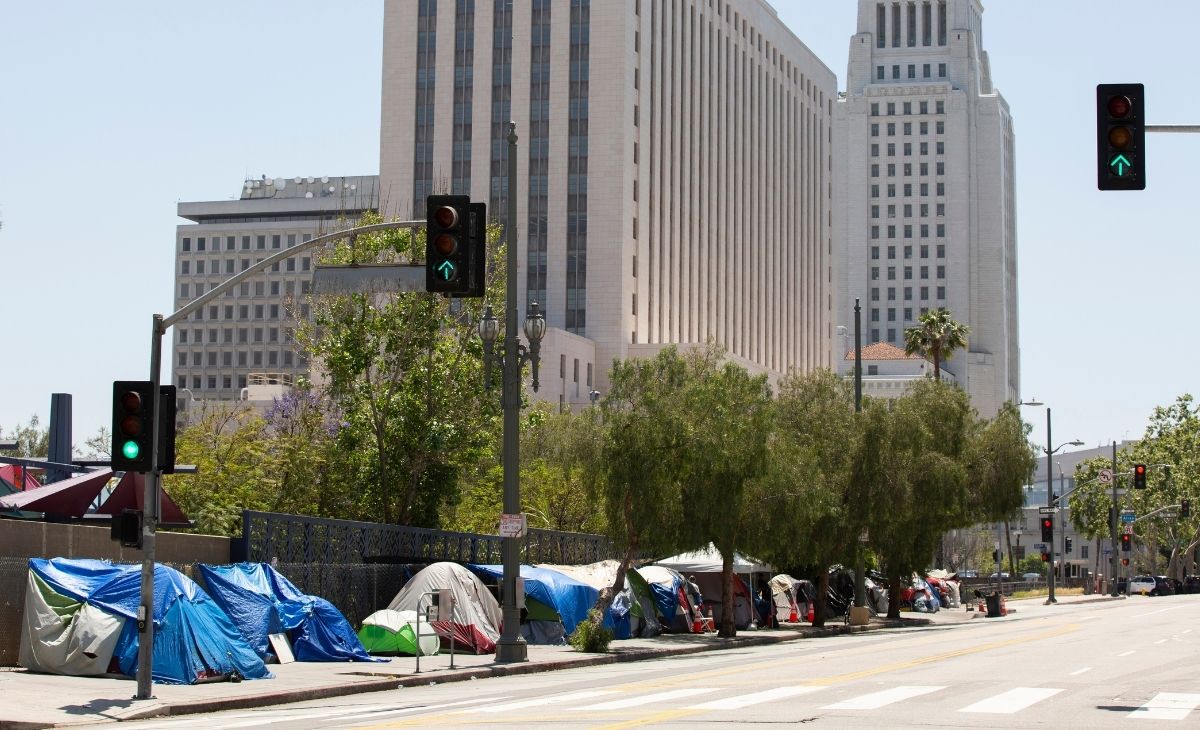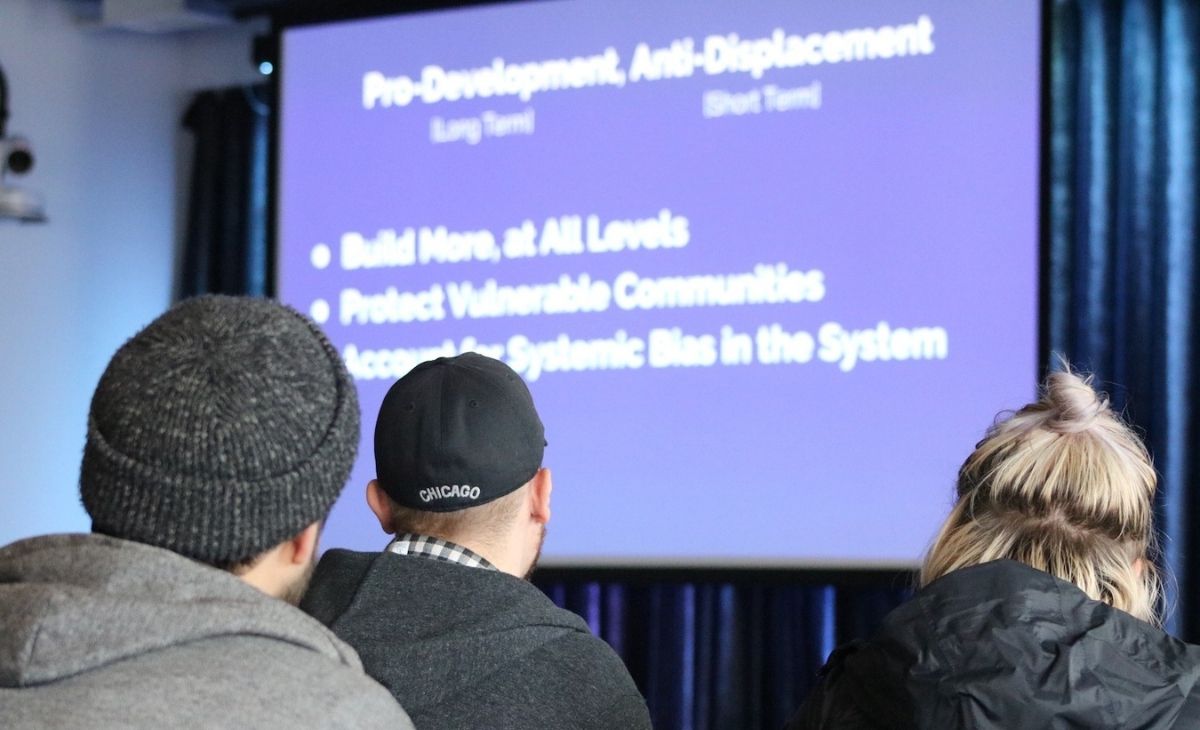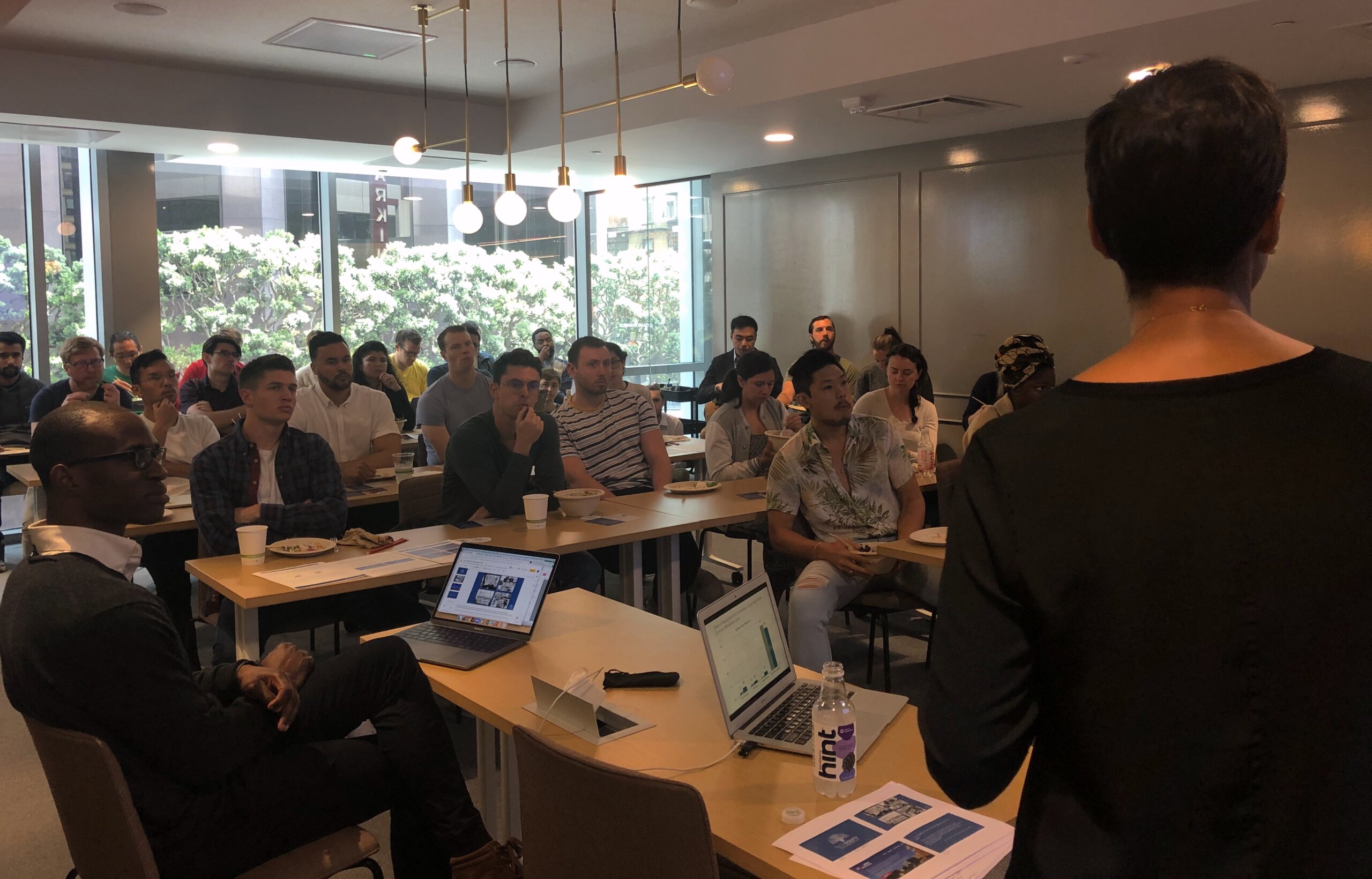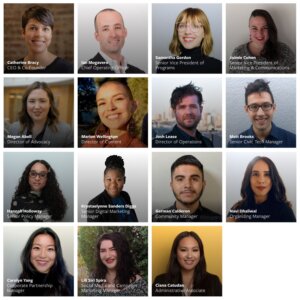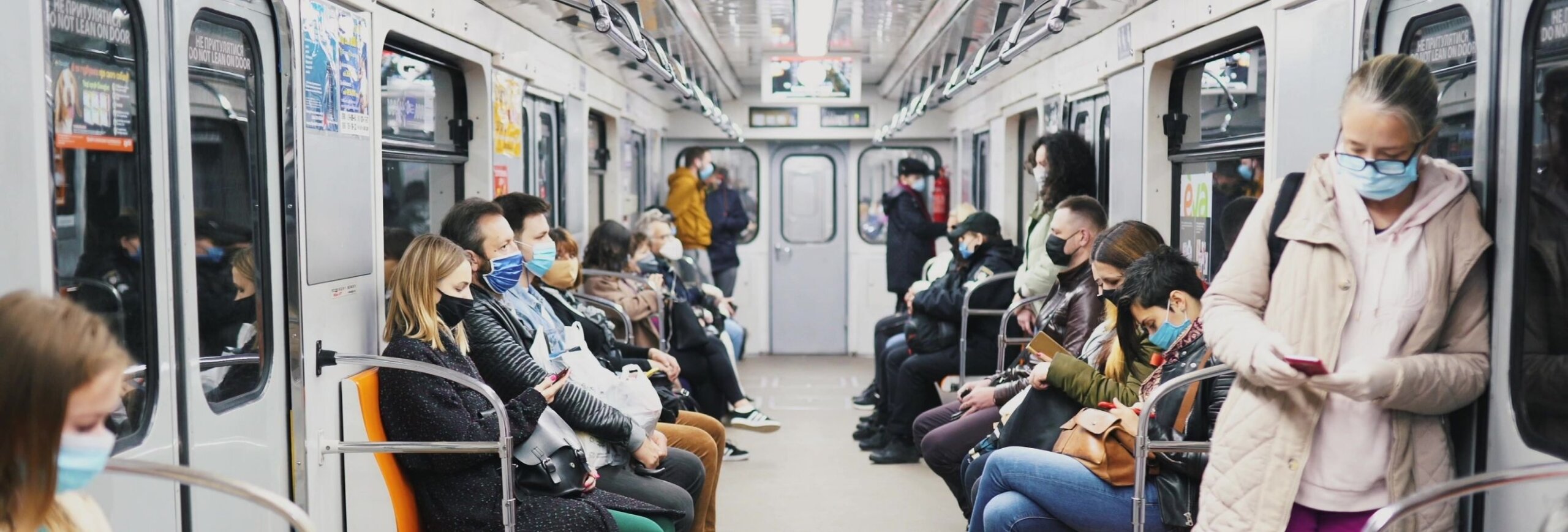
2021 Annual Report
Letter from Catherine Bracy, our CEO and Co-Founder
In the second year of the pandemic, the yawning gap between the poorest and richest grew even wider. With little of the early pandemic safety nets left in place, working-class people were stuck with the bill. Homeownership was pushed further out of reach, rebounding rents gobbled up what little wage increases workers received, and evictions pushed scores of people out of their homes despite a patchwork of moratoria. In stark contrast, corporate America got even richer; in 2021, billionaires gained a total of $1 trillion. Forget trickle-down; this year the wealth in our economy flooded upward.
The pandemic exposed and exacerbated the existing rift in our economy, but the roots of our affordability crisis run decades deep. This year was a painful reminder that economic justice work must be done at a comprehensive, structural scale for us to see lasting and resilient change.
There were bright spots. Growing unaffordability, the labor shortage, and the increasingly dire working conditions galvanized a resurgence of the labor movement nationwide. An unprecedented wave of tech workers announced newly formed unions and workers across industries went on strike for better pay and conditions. Working people in this country have been under pressure for years, and this year workers came together to fight for their collective well-being.
This unprecedented increase in inequality—and the reawakening of workers’ consciousness of their power—created the space for us to double down on initiatives that tackle tech’s role in this economic crisis.
For us, 2021 was a year of planting seeds. We launched three major initiatives to tackle tech’s role in rising inequality, investigating corners of the industry previously unexamined. To address the growing racial wealth gap, we worked with community partners to develop a guide for tech companies to hire people returning from incarceration. To understand the role of tech companies in the housing system–and the role they may play in increasing segregation–we launched the Tech, Bias and Housing Initiative. To uncover the truth of occupational segregation in tech, we released first-of-its-kind research into the two-tiered employment system in the tech industry.
All of these initiatives laid the groundwork for what’s to come in 2022. We’re coming out the gate with bold policy backed by our research, we’re getting values-aligned companies to adopt our equitable hiring and contracting standards, we’re shedding light on under-covered equity issues in tech, and we’re helping tech workers develop critical lenses to better understand their role in their work, in the economy, and in their communities.
None of this work would be possible without our community of passionate, committed tech workers. I’m grateful you’re here with us, and I’m so excited for what’s to come.
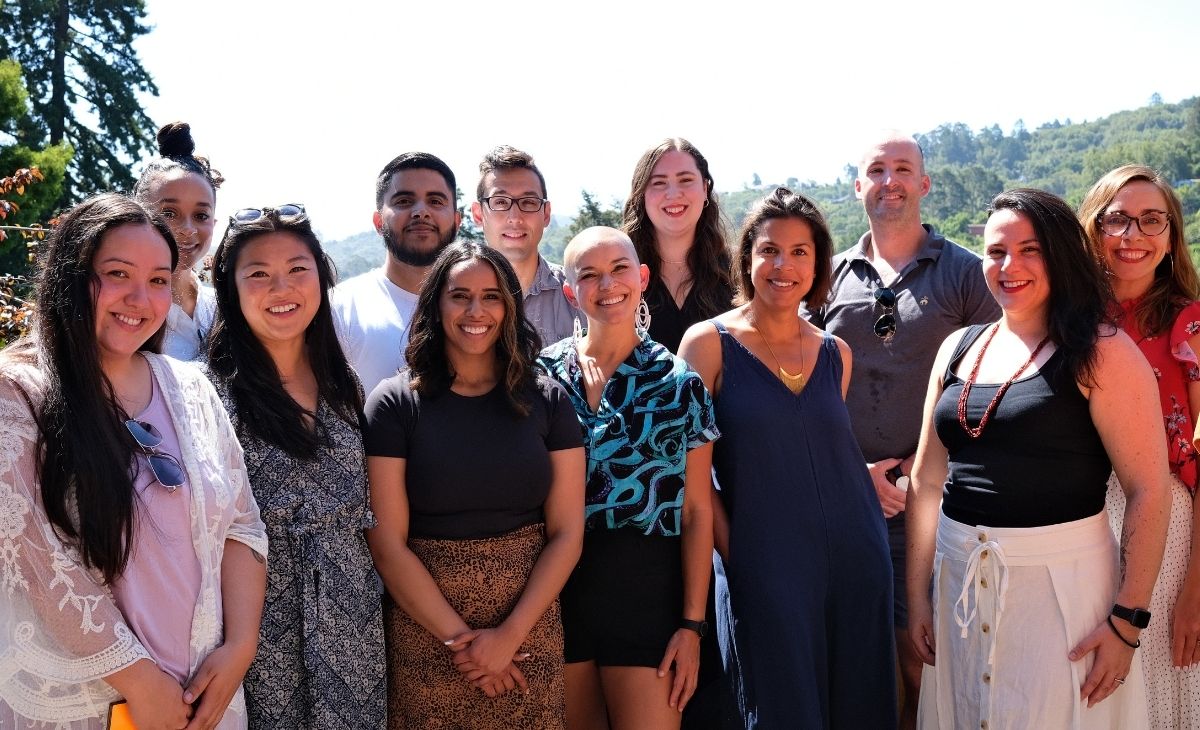
Who We Are
WHAT WE DO
We bring rank-and-file tech workers—and their outsized civic power—into these longstanding movements for justice, accelerating the pace of change.
OUR IMPACT IN 2021
WHAT WE DID
Our community came together to deepen our understanding of economic justice issues and advocate for workers’ rights and housing for all. We kicked off banner initiatives and got critical legislation passed.
We Shed Light on Tech’s Shadow Workforce
We Examined Tech’s Role in Housing
We Passed Economic Justice Policy
We Made a Plan for Hiring Returning People
We Guided Tech Companies
We Created Digital Community
Passing the Silenced No More Act was a turning point for worker protections in California, and TechEquity’s role in bringing tech workers into the fight was critical to its success. Thank you for building a community where tech workers who want to make a real difference, can.
– Ifeoma Ozoma, Co-Author of the Silenced No More Act (SB 331)
EVENT HIGHLIGHTS
TechEquity is a great community that is very organized; it provides excellent tools and great resources around key issue areas. It’s a safe place to ask dumb questions and learn to develop yourself, so you can learn how you can join this movement to help our society be more equitable.
– Seema Gururaj, TechEquity Community Member
WHAT’S ON TAP FOR 2022
Ending Disparities in Tech Contract Work
Tackling Tech Bias in Housing
Passing—and Implementing—Economic Justice Policy
Instilling Ethical Workforce Practices in Tech
Growing Our Community
TechEquity has given Blend a step-by-step guide to help welcome people returning from incarceration into our team, and we couldn’t be more grateful. By implementing System Reset at Blend, we believe we’re another step closer to becoming the equitable employer of the future.
– Antonia Ford, Diversity and Belonging Partner at Blend
Our Team
Thank you to our advocacy partners
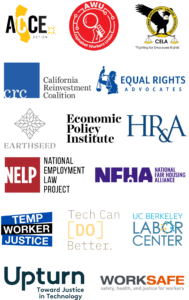
Thank you to our corporate partners
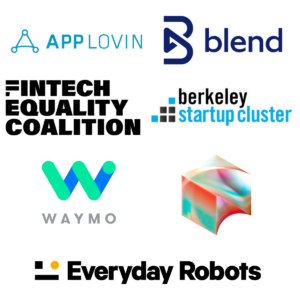
Thank you to our board

Thank you to our advisors

Thank you to our major funders
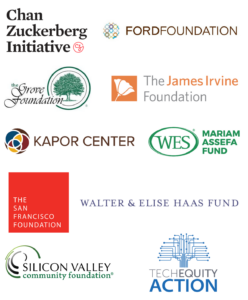
Thank you for being with us in 2021; we really couldn’t do it without you.

